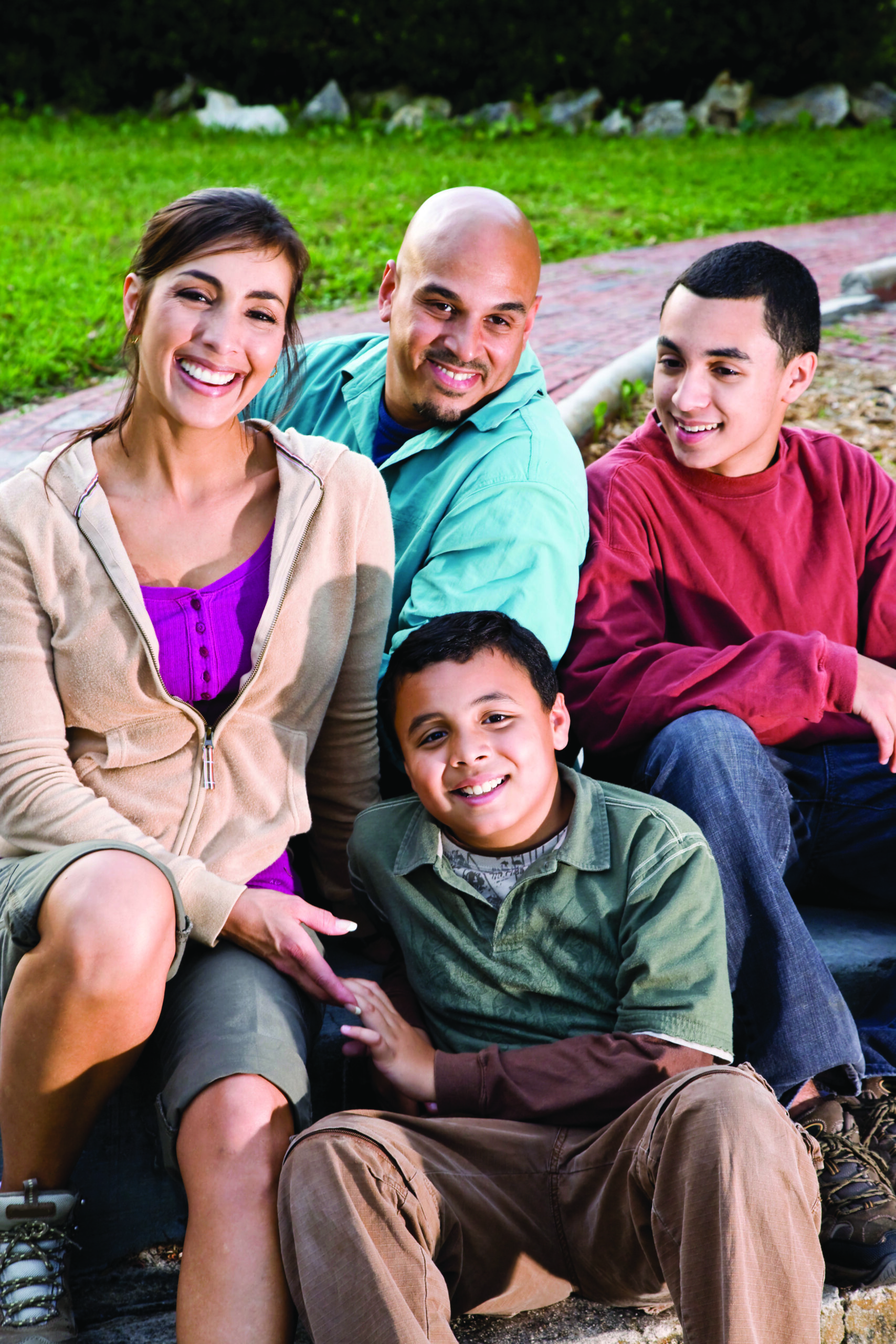
Is My Child’s Behavior Developmentally Appropriate?
By SUSAN FREW, LCPC, LMFT
As a mental health clinician, I spend a great deal of time touching base with parents and caregivers about their children and their behaviors. I get asked all too often, “What is appropriate for their age and when should I be concerned?”
For your peace of mind, and for the well-being of your child, it is important to know which behaviors are typical parts of mental and emotional development and which warrant concern.
LYING
This behavior, while not exclusive to one age group, is not often an overwhelming concern in and of itself. In elementary school, kids may share stories of events that did occur but offer additional details that may not have happened. I often ask younger children, “Is this something that actually happened, or is this something you wish would have happened?” For older children (middle/high school), lying is frequently associated with concealing information that they do not want their parents to know, often because they fear their parents will not approve. It can be helpful to try to understand the reason or motive for your child’s lie. It is important to not ask questions you already know the answer to, as this can create mistrust for both the parent and child. Lying becomes concerning when it is paired with other concerning behaviors.
MELTDOWNS/IRRITABILITY
Children of all ages experience big feelings that they don’t know what to do with or are unable to manage. This is also known as ‘Emotional Dysregulation.’ It is not unusual for children to come home from school and be more irritable and have more intense feelings after keeping it together all day. Their home is usually the safe place to share and show these intense feelings. As a clinician, I can say it is not typical for school-aged children (elementary through high school) to be melting down in school or around the community. At this time in their lives, there is an understanding of the etiquette that is required in various public settings. No matter the child’s age, if a meltdown or irritability becomes aggressive (hurting themselves, others, or property) it is time to reach out for help. With support, children can learn ways to manage the feelings they are having in a safe, constructive way.
SLEEP
Sleep is an important function for all humans. Being well-rested ensures our cognitive abilities (memory, attention, processing, etc.) can fully operate. The more well rested we are, the better we can manage our emotional experiences, as well. Children in elementary and middle school require 9-12 hours of sleep per night, whereas high schoolers require 8-10 hours. Concerns with sleep can include not being able to get to sleep, staying asleep, difficulty waking up, sleepwalking, sleep talking, frequent nightmares, and insomnia. If your child experiences these multiple times per week, be sure to reach out to a pediatrician or mental health professional to determine if there are strategies to help and ensure a better night’s sleep. It should also be noted that children who sleep too much can also be of concern. As with most things in life, we need to help kids strike a healthy balance.
ARGUING/BACKTALKING
Children of all ages are figuring out how to talk and work with authority figures in their lives. As they become older, we may start to see more arguing and backtalking as they explore how to have their voice heard. Often the adults in their lives tend to see this as disrespectful. Some arguing and backtalk is normal as they explore the boundaries of the child/adult relationship. As parents and caregivers, it is important that we stay calm inside and out. Children pick up on non-verbal cues. Even when the adult is not yelling or arguing, the child may be tuned in to your frustration. When does this behavior start to become a concern, how can we help our child(ren)? It is important to seek support if the child’s behavior continues to increase in intensity, even as the adult remains calm and reflectively listens.
The behaviors mentioned here were chosen based on my years of experience as a clinician and questions I have received over the years from parents and caregivers. If your child is exhibiting multiple concerning behaviors, it is time to reach out and seek additional support from your child’s pediatrician and/or local mental health provider. With all behaviors, the key is to try and understand what is behind their behavior because all behavior is a form of communication. A professional can help translate a child’s behavior, so the parent knows what they want and need. In addition, they can provide strategies to help you and your child get those needs met.
